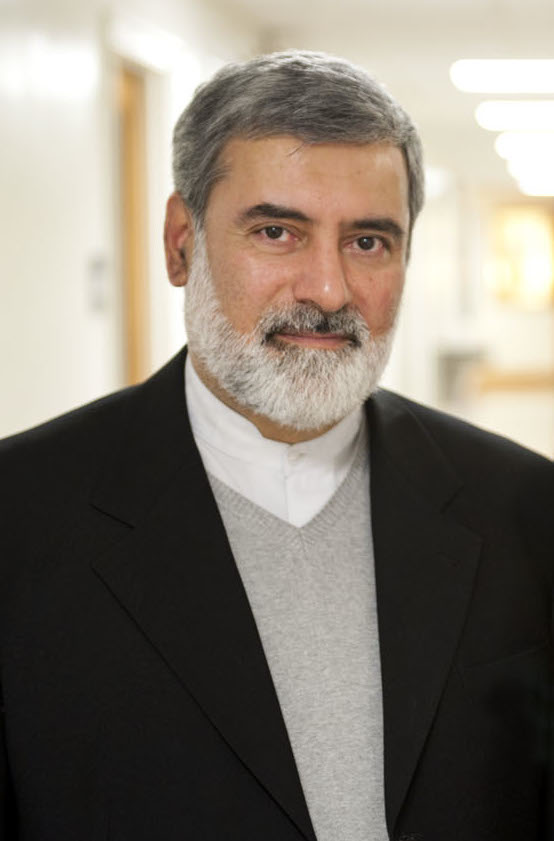Duke University professor and Iranian dissident Mohsen Kadivar left his home in North Carolina 10 days ago to attend a fellowship program in Germany. Reuters reports.
Now, stranded in Berlin as a result of new U.S. immigration rules, the longstanding critic of Iran’s ruling clerical establishment does not know whether or when he can rejoin his wife and two children in the United States.
U.S. President Donald Trump on Friday put a four-month hold on allowing refugees into the United States and temporarily banned travelers from seven Muslim-majority countries. He said the move would help protect Americans from terrorism.
The ban affects travelers with passports from Iran, Iraq, Libya, Somalia, Sudan, Syria and Yemen, including those with dual nationality that includes one of those countries, and extends on a case-by-case basis to “green card” holders who are authorized to live and work in the United States.
Read also
Kadivar, once an active participant in Iran’s 1979 Islamic revolution who later fell foul of its leaders, told Reuters from Berlin he was concerned about his family and career in America.
“I have a fellowship in Germany until July … but what happens after that is not clear. I am concerned about my future. I don’t know whether I will be able to return to the United States as a green card holder Iranian national,” he said.
There are an estimated 1 million Iranian-Americans in the United States, including those with U.S. citizenship, dual nationality and green card holders, so Trump’s executive order could create myriad travel complications.
“My two children and wife live in the United States … My wife was planning to join me in Berlin, where I arrived on July 18 and was supposed to stay until July … But we were advised by the university’s immigration lawyers to cancel her trip to Berlin,” Kadivar said.
Kadivar, a research professor of Islamic studies at Duke University in North Carolina since 2009, is an outspoken critic of Iran’s hardline clerical leadership.
The 58-year-old, who was jailed for a year in Iran in 1999 for “disseminating lies and disturbing public opinion”, has called for more autonomy from religion in political life and has been a staunch critic of Iran’s most powerful authority, Supreme Leader Ayatollah Ali Khamenei.
In 2001, he traveled to the United States with an invitation from the Islamic Law Program of Harvard Law School for research and teaching. He was awarded the Hellman-Hammett Prize for writers deemed to be at risk from political persecution.
Kadivar said Trump’s travel ban was “humiliating and discriminatory”.
“I have received so many emails from my colleagues, who regretted the ban … Iranians have never been involved in any terrorist act in the United States.”

























































